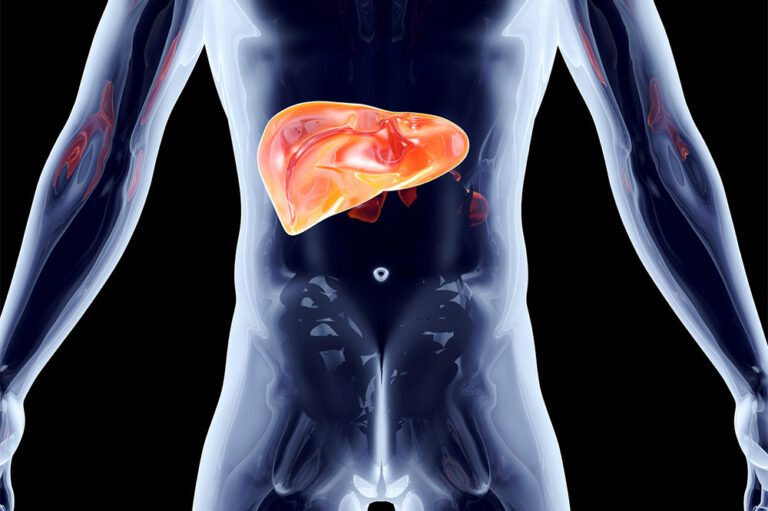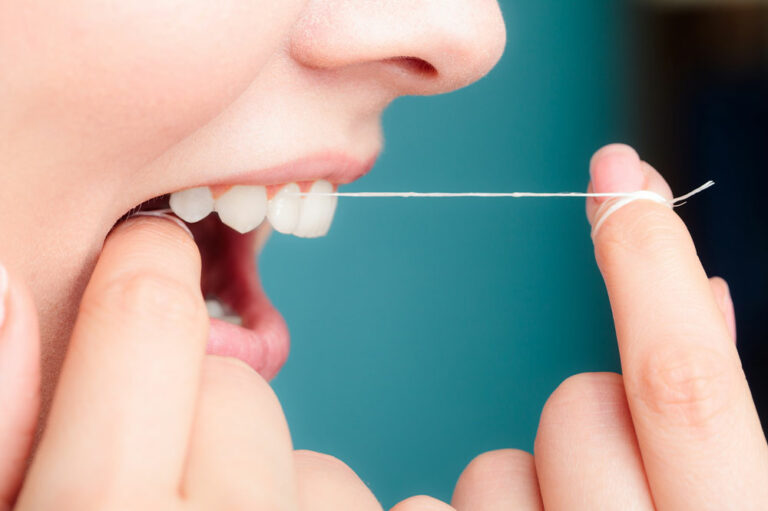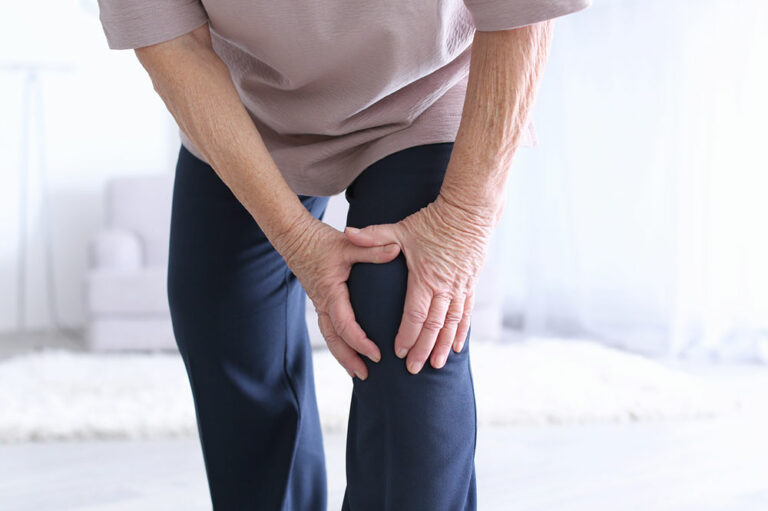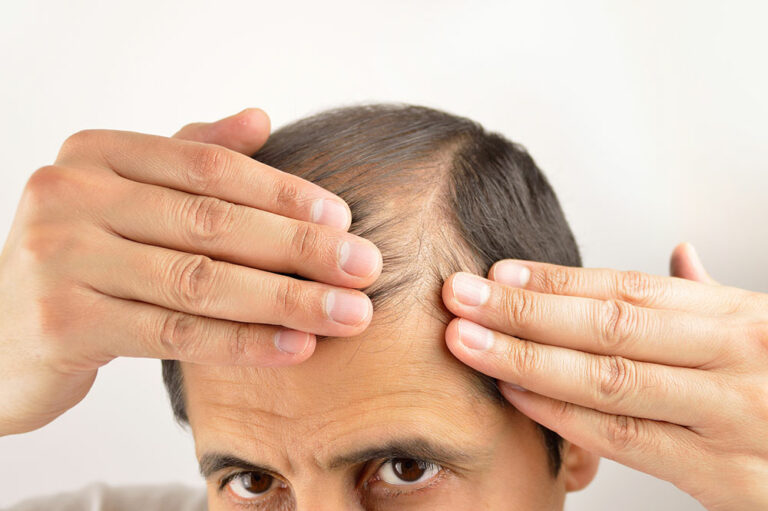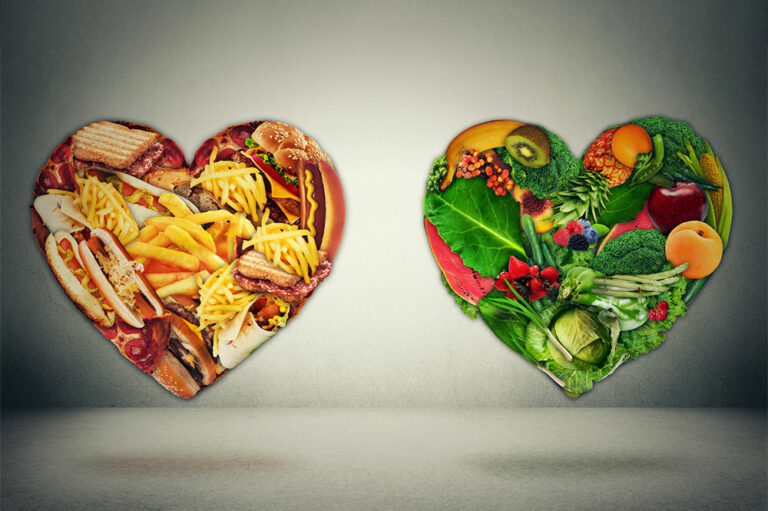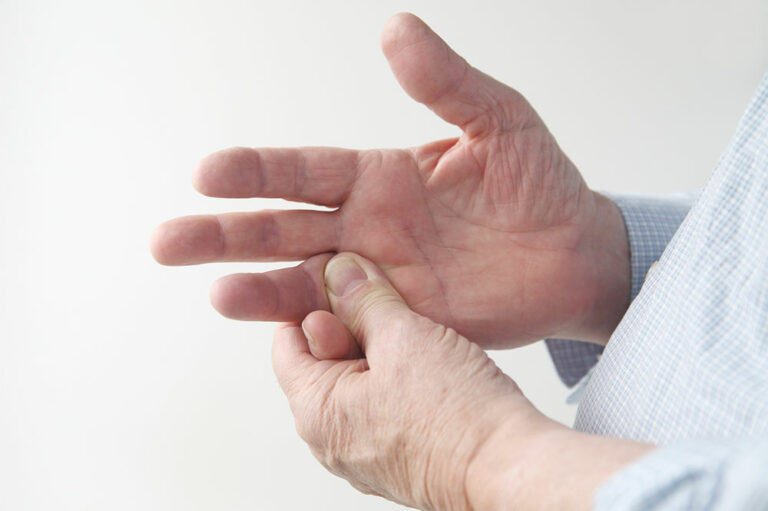
7 unhealthy habits that may trigger atrial fibrillation
An estimated 2.7 to 6.1 million people in our country suffer from a heart complication called atrial fibrillation (Afib), where one’s heart beats at an abnormal pace, usually faster than it should. The condition is managed with the help of minimally invasive procedures, surgery, and other alternatives. According to experts, specific unhealthy habits may interfere with the treatment and trigger or worsen the symptoms. Here are six poor habits for Afib one should know about.
Not sleeping enough
Sleep is essential for reenergizing the body’s cells. Not getting sufficient rest can trigger various symptoms, including those linked to Afib. One may not sleep well for several reasons, such as stress, an unplanned work schedule, or underlying health conditions like sleep apnea. Even tiny interruptions in sleep quality and duration may put one at a greater risk of developing Afib.
Drinking too much coffee
While coffee can give people that added burst of energy, excessive consumption is a bad habit. Caffeine can trigger heart complications, so one should stop its consumption if at risk of Afib. Those who love the beverage can speak to a healthcare professional about the ideal daily intake.
Overexercising
Exercising is one of the most discussed ways of staying healthy and fit. But unfortunately, it could be a risk factor for Afib. When a person works out, their heart beats faster, which may trigger an episode. The phenomenon is likely to occur when one exercises excessively.
Not drinking enough water
Drinking sufficient water helps keep the body hydrated and healthy. On the flip side, not drinking enough may lead to dehydration, a common trigger for Afib. Dehydration may also occur if one drinks too much coffee. One should speak to an expert about how much water they need daily. Eating water-rich foods like lettuce and watermelon under professional guidance may also help stay hydrated.
Getting stressed often
Stress is a leading cause of several health conditions, including Afib. When stressed, the body releases particular hormones that may trigger Afib. Moreover, individuals under stress are likelier to have sleep issues and consume more caffeine, which are other unhealthy habits that lead to heart conditions.
Eating unhealthy foods
Unhealthy foods are another leading cause of Afib. Studies show that foods with sugar and preservatives are linked to increased heart disease risk. Foods high in saturated fats, like butter, cheese, and red meat, have similar effects and should be excluded from meals. Further, salt contains sodium, which may increase blood pressure and lead to an Afib episode. Other foods to avoid include grapefruit, gluten-based products, sodas, and items rich in trans fats.
Eating large meals
While following a healthy food regime is crucial to manage overall health, one should track how much they eat at each meal. Experts suggest larger meals can result in gastrointestinal problems that stimulate the vagus nerve. Since this nerve is connected to the gut, brain, and heart, increased vagal activity from consuming large meals might trigger Afib symptoms. Eating large meals before bed can also affect sleep.
